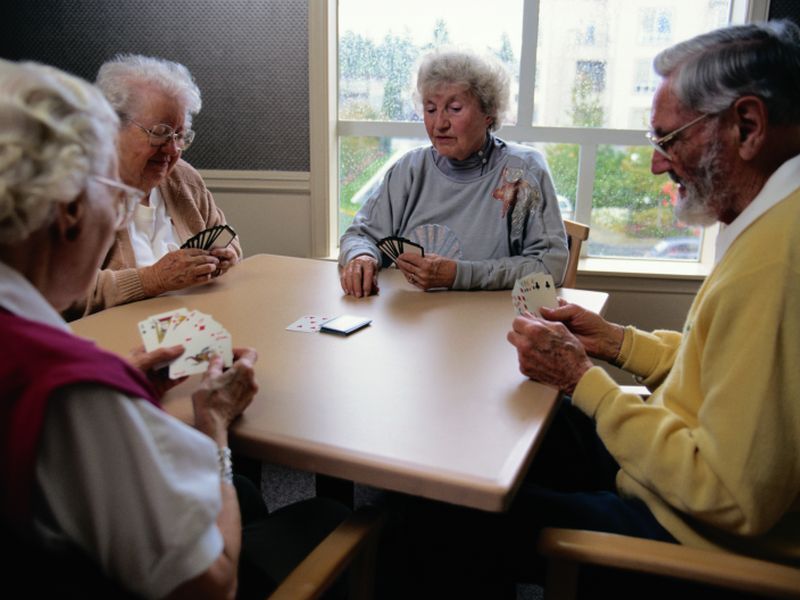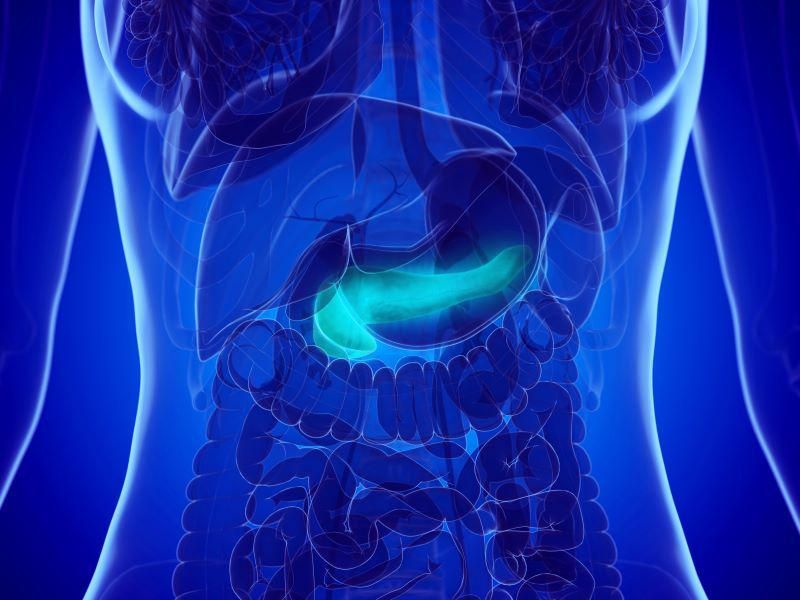
Exercising your body and mind can help stave off memory problems as you age, and some of these benefits may be even greater for women, a new study suggests. The study looked at cognitive reserve, or the brain’s ability to withstand the effects of diseases like Alzheimer’s without showing a decline in thinking or memory… read on > read on >


















